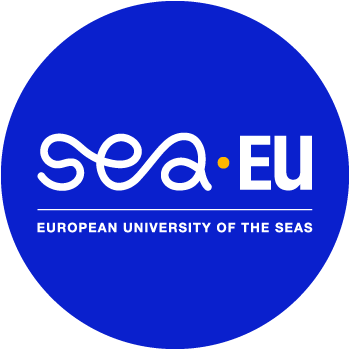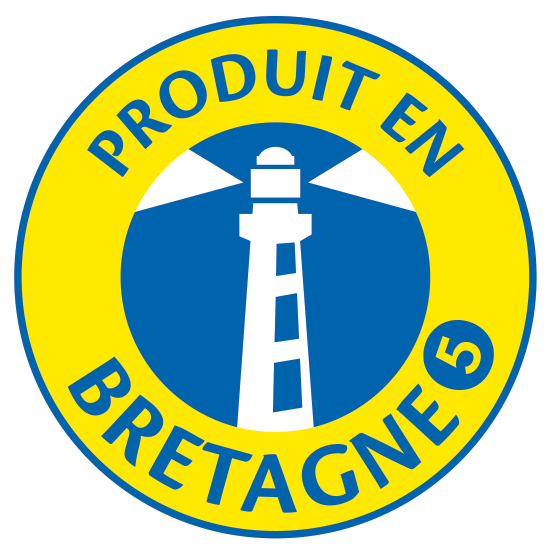
A major research laboratory in Brittany
The Economics and Management Laboratory of Western Brittany (LEGO) was created in 2017. It covers research in economic sciences and management sciences from Vannes to Brest, and from Southern to Western Brittany. The laboratory has three founding members who are all higher education institutions: two from the universities of Western Brittany (Université de Bretagne Occidentale, UBO) and University of Southern Brittany (Université de Bretagne Sud, UBS), and the engineering school Institut Mines-Telecom Atlantique (IMT Atlantique).
As a result, LEGO is one of the largest Breton laboratories in economics and management, bringing together over 100 researchers, including around 30 PhD students. It is the home research laboratory for lecturer-researchers from IAE Bretagne Occidentale.
LEGO’s mission
To structure, foster and help develop scientific output in economics and management in the Breton region by:
- Enabling certain scientific themes in Management Sciences and Economics to be more widely known and to become more attractive at the national level among the research community, economic and social actors, and students.
- Attracting new undergraduate, postgraduate and PhD students and lecturer-researchers located in and outside of Brittany.
- Participating, particularly through research projects, in heightening attractiveness and dynamism in Brittany, and in particular in the Finistère and the Morbihan regions.
A laboratory focused on studying the changes between social and economic actors
The scientific output of the LEGO laboratory is directed towards the economic and management sciences.
In practice, this means that the laboratory’s main research theme is oriented towards the study and analysis of exchanges between socio-economic actors.
Within this thematic framework, research focuses on the type or form of exchanges (digital exchanges, donations, transmission, etc.), the motivations, conditions and contexts that give rise to them, and the consequences that they induce (e.g., perceived and produced values). These exchanges can be economic in nature, involving actors such as businesses, institutions, and consumers, and they can also be social, experiential or symbolic. As such, the actors studied are associations, users, internet users, and various organisations.




